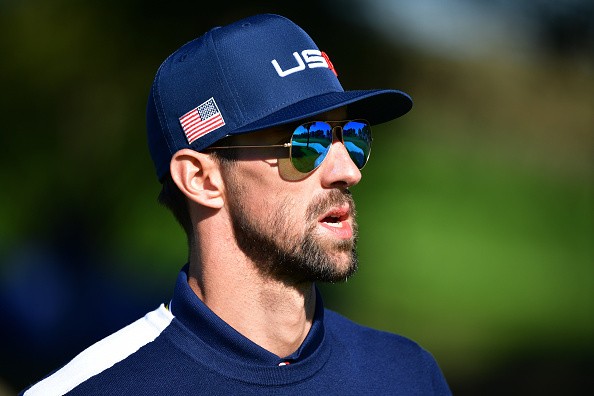Olympics Will Not Be Free of Drug Cheats, Michael Phelps Says
Michael Phelps, who retired as the most decorated Olympian in history, said that the Tokyo Olympics next year will not be free of drug cheats.

The Tokyo Olympics will push through on February 23, 2021. The International Olympics Committee has already set its COVID-19 safety and health measures.
But an important issue that the IOC also needs to address is the involvement of players in illegal drugs.
Tokyo Olympics Will Not Be free of Drug Cheats
One of the main issues that the Olympics continue to face until today is the involvement of players in illegal drugs.
For a couple of times, there have been players who were proven under the influence of drugs and even returned the medals they won during the event.
Michael Phelps, a well-known and decorated Olympian in history in 2016, believed that the Tokyo Olympics next year will not be free of drug cheats.
When asked by a reporter from CNN News on how clean will the Olympic Games be next year, he replied, "Four or five out of 10."
"I can honestly say that throughout my whole entire career, I don't know if I ever competed in a clean field. If that's the case, then yeah, I don't think anything's changed. I think there's a lot of issues out there and the fact that we're not held on the same playing field is really upsetting."
Michael Phelps is one of the most popular athletes in the Olympics. Overall, he won 23 golds and this year marked the eight-year-anniversary of the 2012 Olympics in London, where Phelps won four gold medals.
phelps is a former American competitive swimmer.
Illegal Drug Issue in Olympics
Olympics has a long history of players who were under the influence of illegal drugs.
In fact, the 2012 London Olympics was described as the dirtiest event in its history. At that time, there were around 130 athletes who were either banned or disqualified, according to CNN Sports.
In another report from The New York Times, there were around 11,000 athletes who competed during the 2016 Rio Olympics and of these numbers about one of every 100 athletes were suspended or returned the medal they won because of doping.
The former American Olympian has been very outspoken on drug cheats throughout his career.
He said he can guarantee that no athlete has been tested as much as he was on an Olympic level. He also insisted that all athletes should be tested of the same high standards.
The former swimmer said, "If we're all getting tested like that, great, but I know we're not. Until we are, until we're all held on the same level, nothing's going to change."
Pres. Trump Signed Rodchenkov Anti-Doping Act Into Law
Pres. Donald Trump signed earlier this month Rodchenkov Anti-Doping Act into law.
This now allows the country to impose criminal sanctions on individuals involved in doping at international events. The law was named after whistleblower Dr. Grigory Rodchenkov, who helped expose the Russian doping scandal.
Subscribe to Latin Post!
Sign up for our free newsletter for the Latest coverage!
© 2025 Latin Post. All rights reserved. Do not reproduce without permission.















